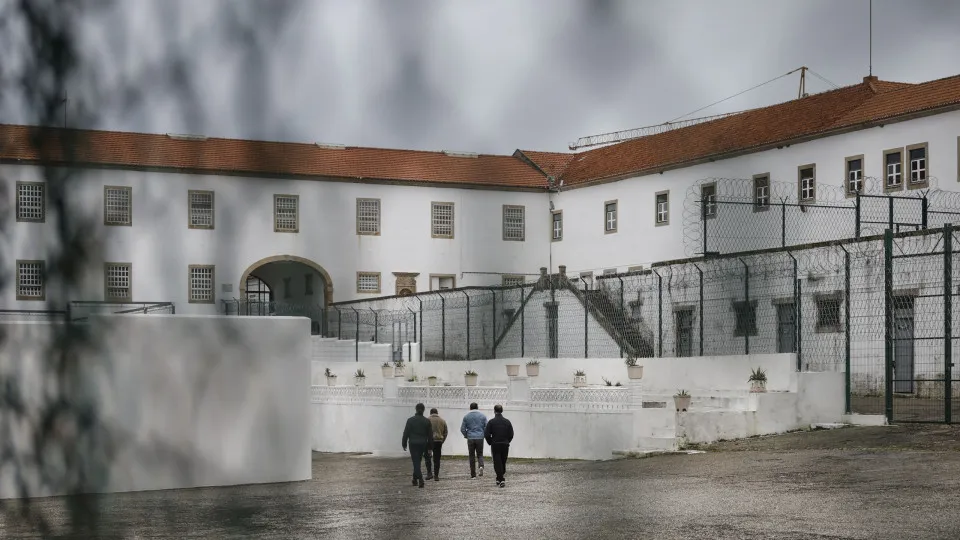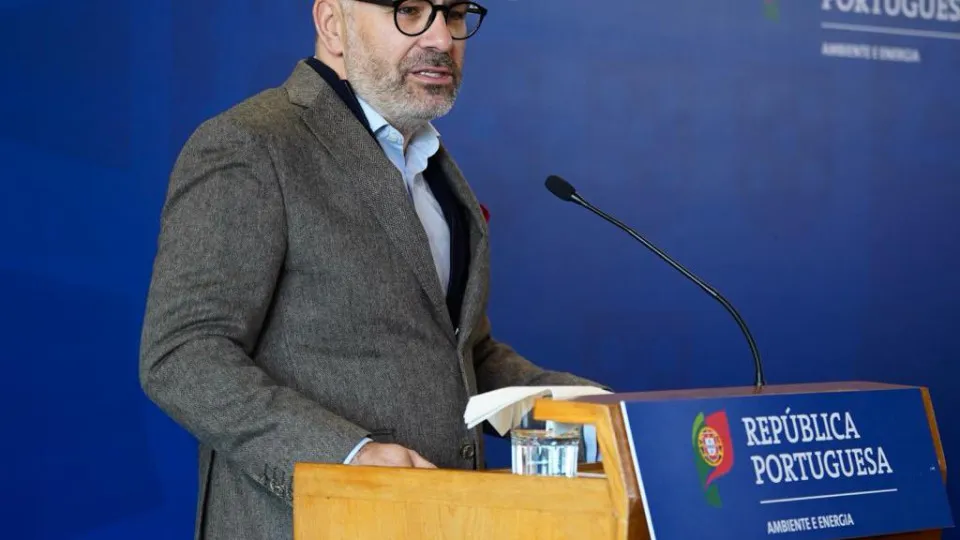
An official report from the Institute of Social Security highlights the necessity of strengthening cooperation between the justice system and the social protection system. This collaboration aims to ensure secure transitions and continued support for young people and their families.
The report advocates for a reevaluation of the criminal regime for youth aged 16 to 21, established in 1982, as this age group is no longer covered by the Educational Guardianship Law.
“Some of these young people remain in protection system institutions by judicial decision while awaiting trial in lengthy criminal cases,” the report notes.
The Educational Guardianship Law applies to individuals aged 12 to 16 who commit acts defined as crimes by law.
The CASA 2024 report reveals a 6.2% rise in 2024 in the number of youths in the protection system simultaneously undergoing educational guardianship processes, constituting 13.8% of the total children and young people in care.
It also notes an 83% increase in young people discharged from care with an educational internment measure at educational centers.
Regarding the implementation of educational guardianship measures, CASA 2024 shows a 104% increase from 2023, with 53 young people admitted to educational centers, in addition to six who were transferred to prison establishments.
The report remarks that 4.7% of youths left care at the age of 18 without subsequent support.
“Following care, key measures include support alongside parents, with another relative, or under the care of a selected individual for adoption, continuing the trend of previous years,” states CASA 2024.
The overall figures indicate a reduction in at-risk children and youths removed from their families to 6,349 in 2024, 97 fewer than the previous year.
Of the 55,448 children and young people assisted by the protection system, 88.5% remained in their natural living environments with only 11.5% placed in care, which includes 361 minors with foster families and 5,988 in institutions.




